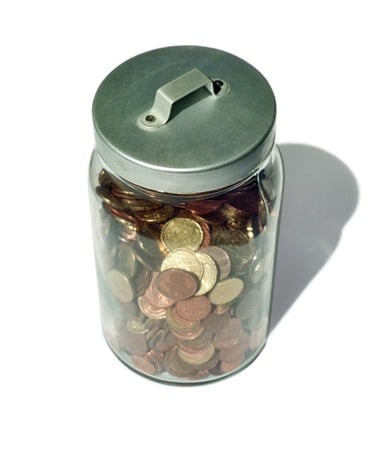Finding Low-Hanging Fruit
Most financial gurus have a few favorite recommendations when it comes to the low-hanging fruit of your finances. Coffee, in particular, gets singled out for attention, over and over again. The fairly common habit of picking up coffee each morning has even been vilified as the ‘Latte Factor.’ But what happens after you’ve cut out coffee — or if you don’t drink coffee in the first place? The standard suggestions may not be so useful for you. Instead, it’s worth taking a look around for some low-hanging fruit of your own. There’s no automatic identifier for such an expense, but a simple way to look for savings opportunities is to look at your daily habits. That’s because anything you do day after day can yield more savings because even a small expense can add up quickly over 365 days. That’s the real definition of low-hanging fruit: with relatively small amounts of effort, you can get big results. Of course, just how much effort is required for a particular project can differ with something as simple as whether or not you have a coffee pot at home. When you see a financial tip that seems like it would be fairly simple, it’s worthwhile to take a look at the effort and money involved. If the effort isn’t worth the money, it’s okay to keep walking — what is low-hanging fruit for one person is the hardest apple to reach in the tree for another. But not all simple changes are the same. Just as there are some relatively simple steps you can take to modify your spending, there are often a few basic options for bringing in more income — such as selling off a few collectibles on eBay. You may even find low-hanging fruit when it comes to saving and investing your money: any time you can automate your savings, you can generally see a better return than if you try to handle the process manually.
When You Run Out Of Low-Hanging Fruit
It can take a little while to change even small habits and work your way through all the suggestions you find from various financial advisers — but sooner or later, you’ll run out of the low-hanging fruit available in your personal situation. That point can be an ideal opportunity to stop and reassess your finances. For some people, the easy fixes are enough to move them to where they want to be, financially speaking. Just by cutting down on habitual spending or automating savings, some people will be able to accomplish their financial goals. For other people, though, it can take a little more to move into a financial situation where they feel comfortable. If you find yourself in that second group, it may be time to start looking at some harder steps. A starting point is any financial tips you passed by when focusing on simple steps. If you initially considered something not worth the effort it would require — a programmable thermostat might have tripped up one person, while calling a service provider and negotiating a lower rate would be problematic for another one. Another option is aiming for some more significant changes in your lifestyle. A raise would probably make a big difference in your finances, but it may take further education or extra hours at work — it’s the opposite of low-hanging fruit. But it is probably worth working towards if you need to make a bigger difference in your finances in order to meet your goals.
Small Changes First, Then Big Changes
Making the easy changes first may seem like a system that won’t pay off as well as chasing a few bigger changes — even if those bigger changes are harder to arrange. But the fact of the matter is that when you’re doing something like changing your morning coffee routine, you’re likely changing an ingrained habit. It’s not going to be the easiest thing to do, but after you’ve changed one or two habits, the rest get a little easier to handle. That practice at changing habits can pay off when you start focusing on bigger fish. Something like going back to school to improve your paycheck is going to require a whole new set of habits, in a stressful environment. Having a little practice with the process of changing habits can come in handy in such a situation. The process, as a whole, may take longer, but it will be more likely to pay off. It doesn’t hurt, either that even a couple of the simpler changes you can make to your personal finance can translate into a good amount of cash. If you can stack several smaller steps with a couple of bigger changes, you can wind up with a significant difference in your financial situation. Do the numbers yourself: look at what you can save by changing one small thing in your daily routine and then build from there.
